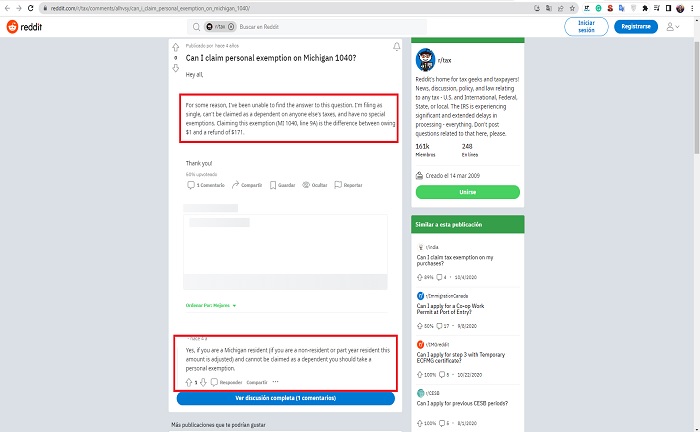In the State of Michigan, a wide variety of tax exemptions offer taxpayers the ability to save on their property taxes. There are different programs available, and each one fits another need. To qualify for one of the exemptions, you must understand all the requirements to ensure eligibility.
Contents
Air Pollution Control Exemption
This exemption is found in PA 451 of 1994, part 59. The amendment provides a 100% property and sales tax exemption to all facilities designed to eliminate air pollution.
It is not as simple as stating that the home or business where you are located meets the requirements. The Property Services Division and the Department of Environment, Great Lakes, and Energy will come to you when you apply for the exemption.
The proper inspection is then done to determine if the location complies. The STC will make the final approval and issue the certificates to be exempted from payment.
The application is made by filling out the exemption form and then taking it to the corresponding entities of the Michigan government.
Principal Residence Exemption
Simply put, it is an exemption that exempts a residence from the tax levied by a local school district for school operating purposes up to 18 miles away. The rules governing them are in Sections 211.7cc and 211.7dd of the General Property Tax Act.

It is also found in the Public Law in section 206 of 1893; its amendment has to deal with PRE claims. To qualify for this benefit, the user must be the owner and resident of the property as a principal residence.
This program is kept separate from the Homestead Property Tax Credit, which must file each year with the Michigan Individual Income Tax Return.
Nonprofit Charitable Homestead Tax Exemption
Properties that are occupied by charities and are for charitable purposes only remain exempt from Michigan property tax. This exemption is not available to organizations that charge fees for their services.
According to the Michigan Supreme Court, the regulations governing exemptions are obtained by charitable organizations. The law applies regardless of the amount of money spent on charitable activities in a year.
The regulations indicate that cannot devote the movable and immovable property owned or leased by the non-profit charity to activities other than those established in the contract.
The institution is allowed to charge a fee, but it cannot be higher than what is necessary to cover the required property maintenance.
Commercial Facilities Tax Exemptions
The PA 255 Commercial Redevelopment Act of 1978 provides a tax incentive to achieve the redevelopment of commercial property for use as a commercial enterprise. The property must be within a Commercial Redevelopment District.
It is a benefit applied over 1 to 12 years as determined by the local government unit and will keep the taxable value frozen for the life of the certificate.
Disabled Veterans Exemption
On the other hand, under MCL 211.7b, all real property is owned or used by a disabled veteran who has served in the U.S. Armed Forces; it is one of the many exemptions offered to these individuals. It is necessary to go to the IRPF offices and ask about the requirements to obtain the exemption.
Writer and content creator interested in Entrepreneurship, Marketing, Jobs and landlord issues. I have a bachelor’s degree in Communication from the Andrés Bello Catholic University, VE, and I also studied at Chatham University, USA. In this blog I write and collect information of interest around agreements, property and mortgage.